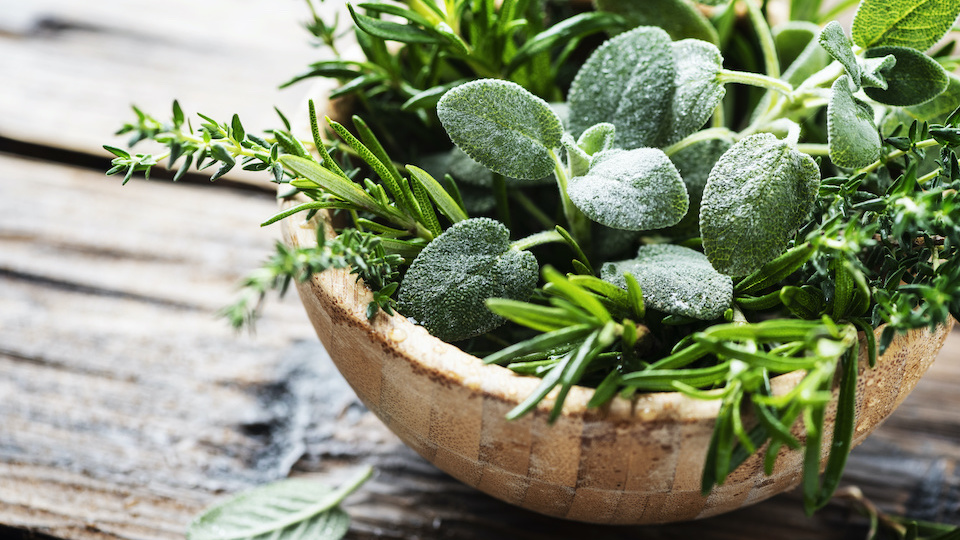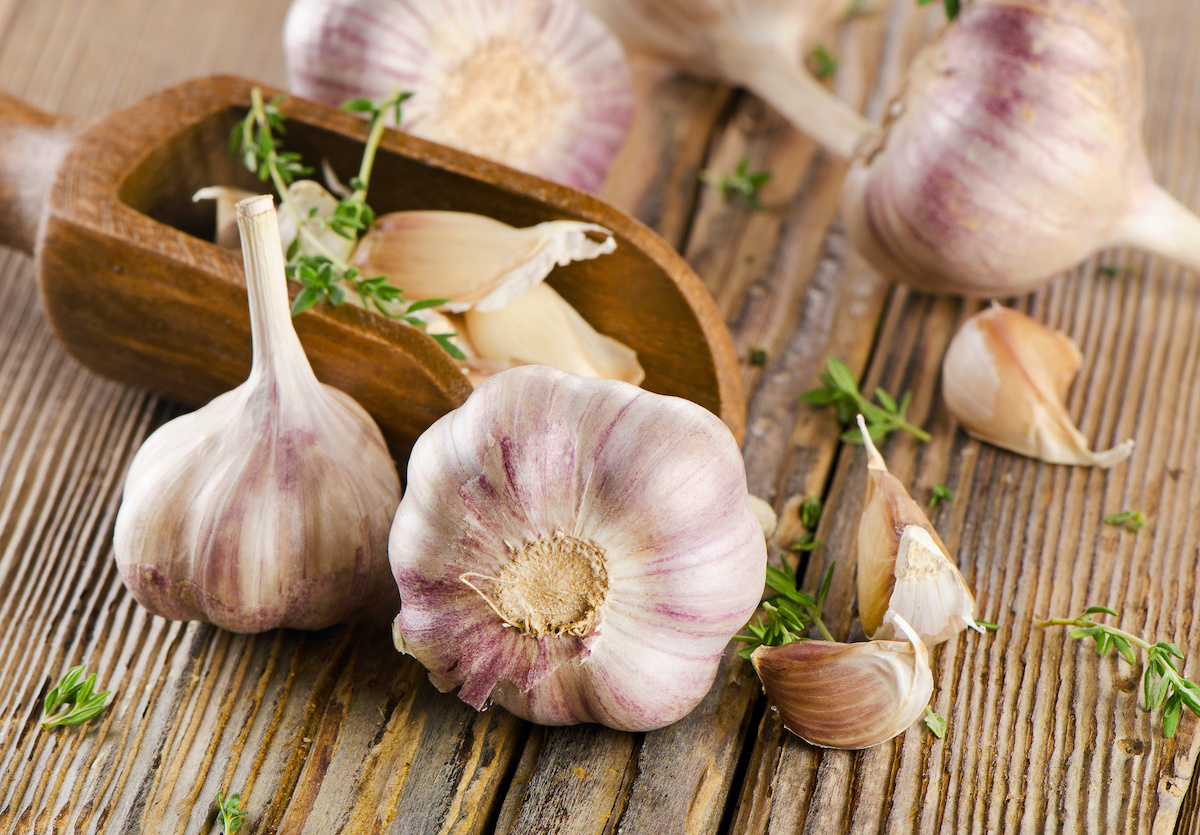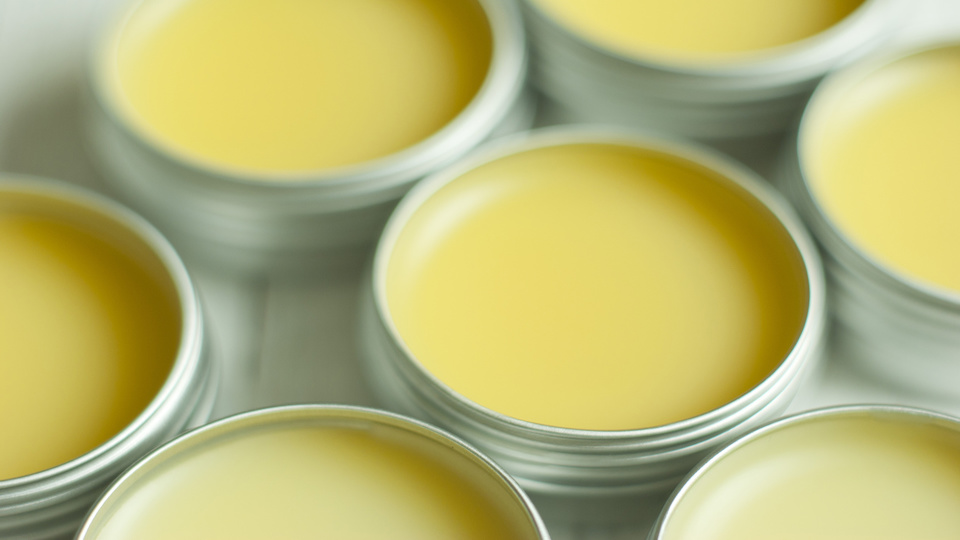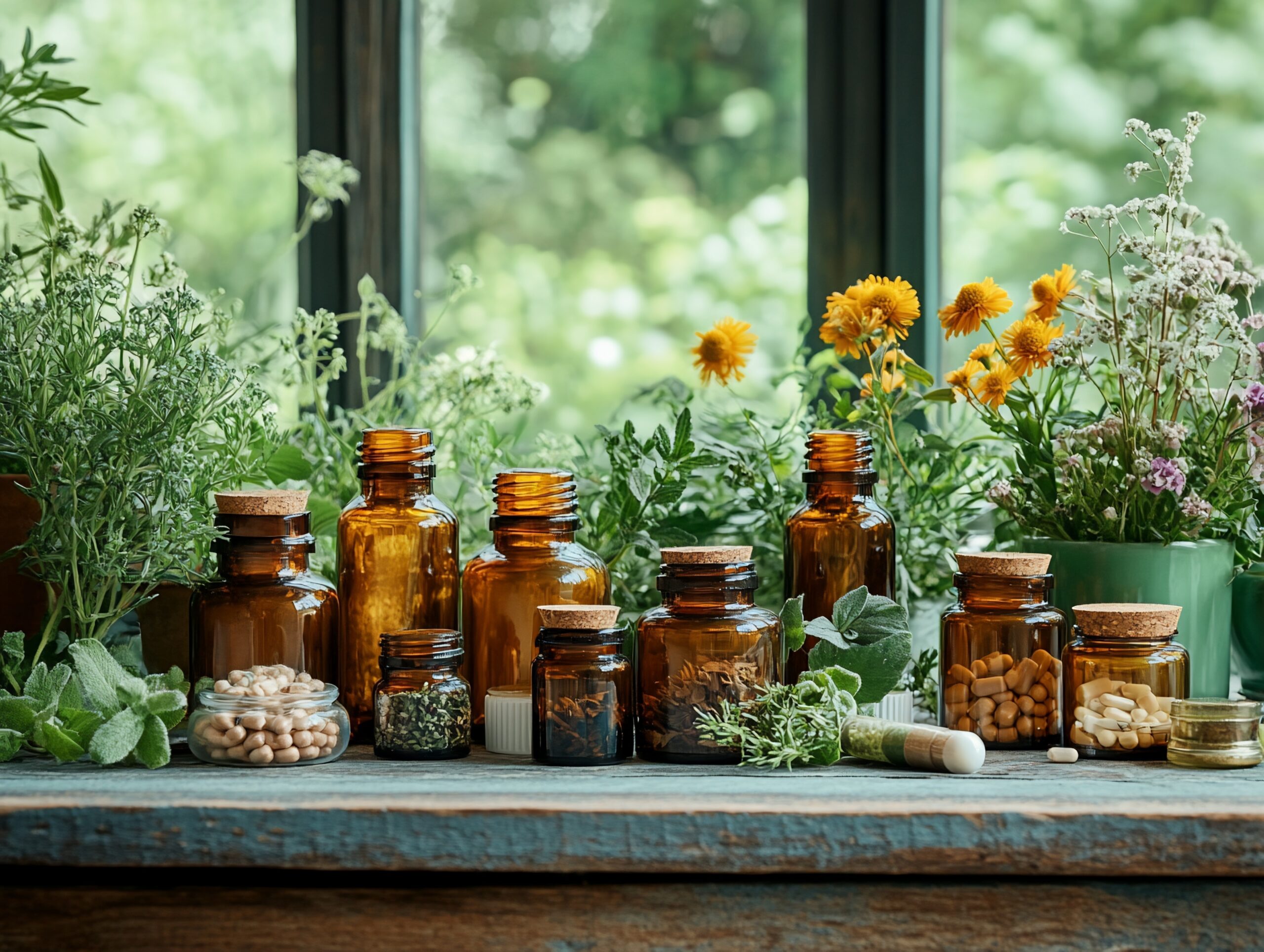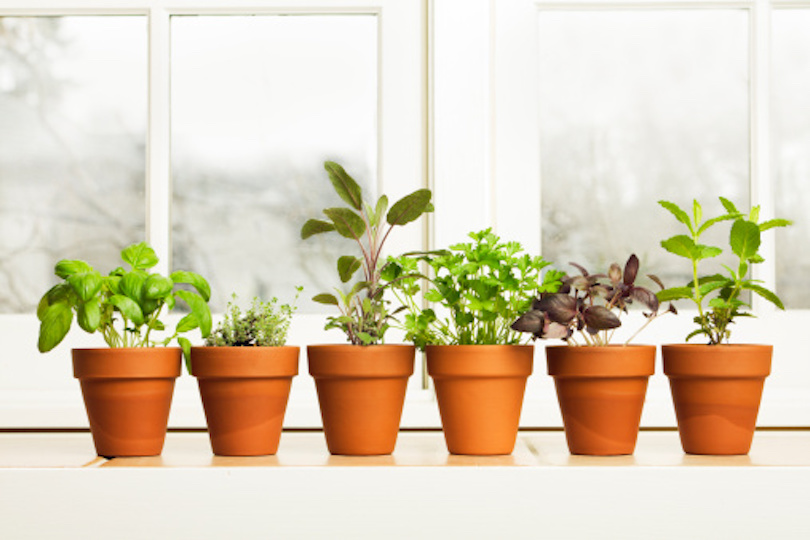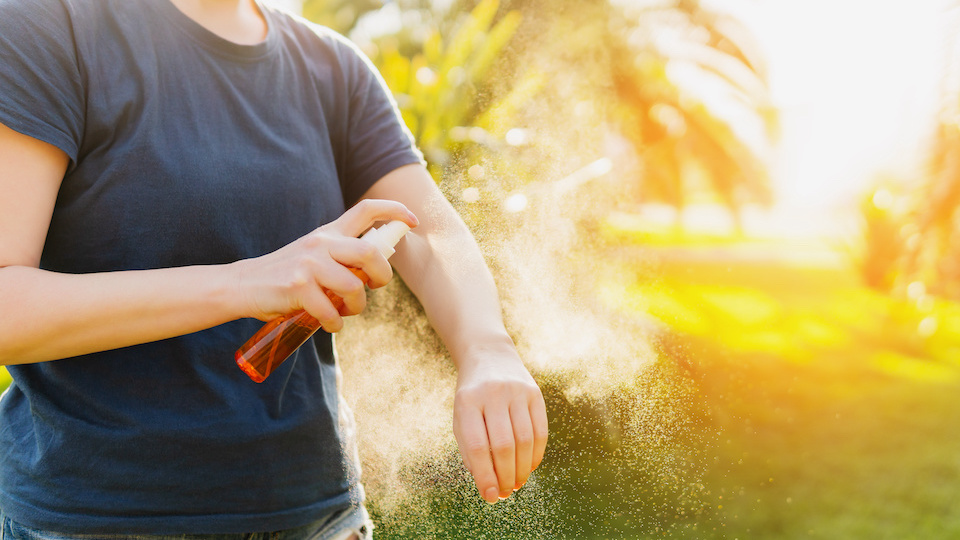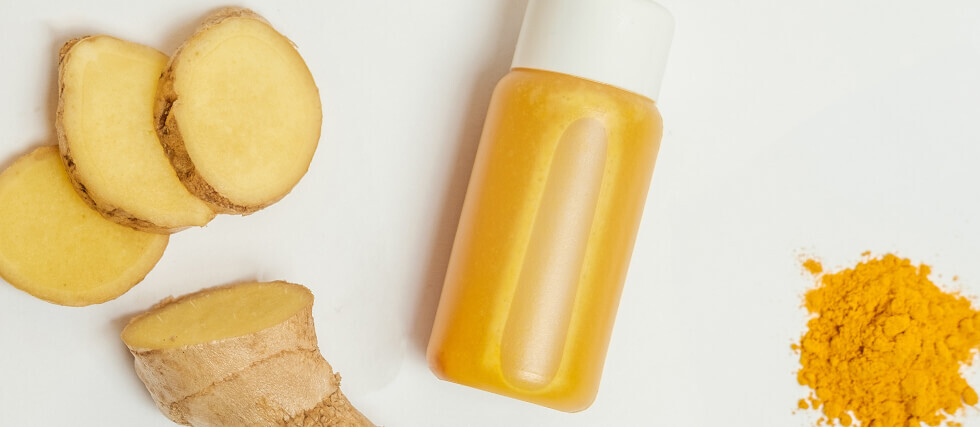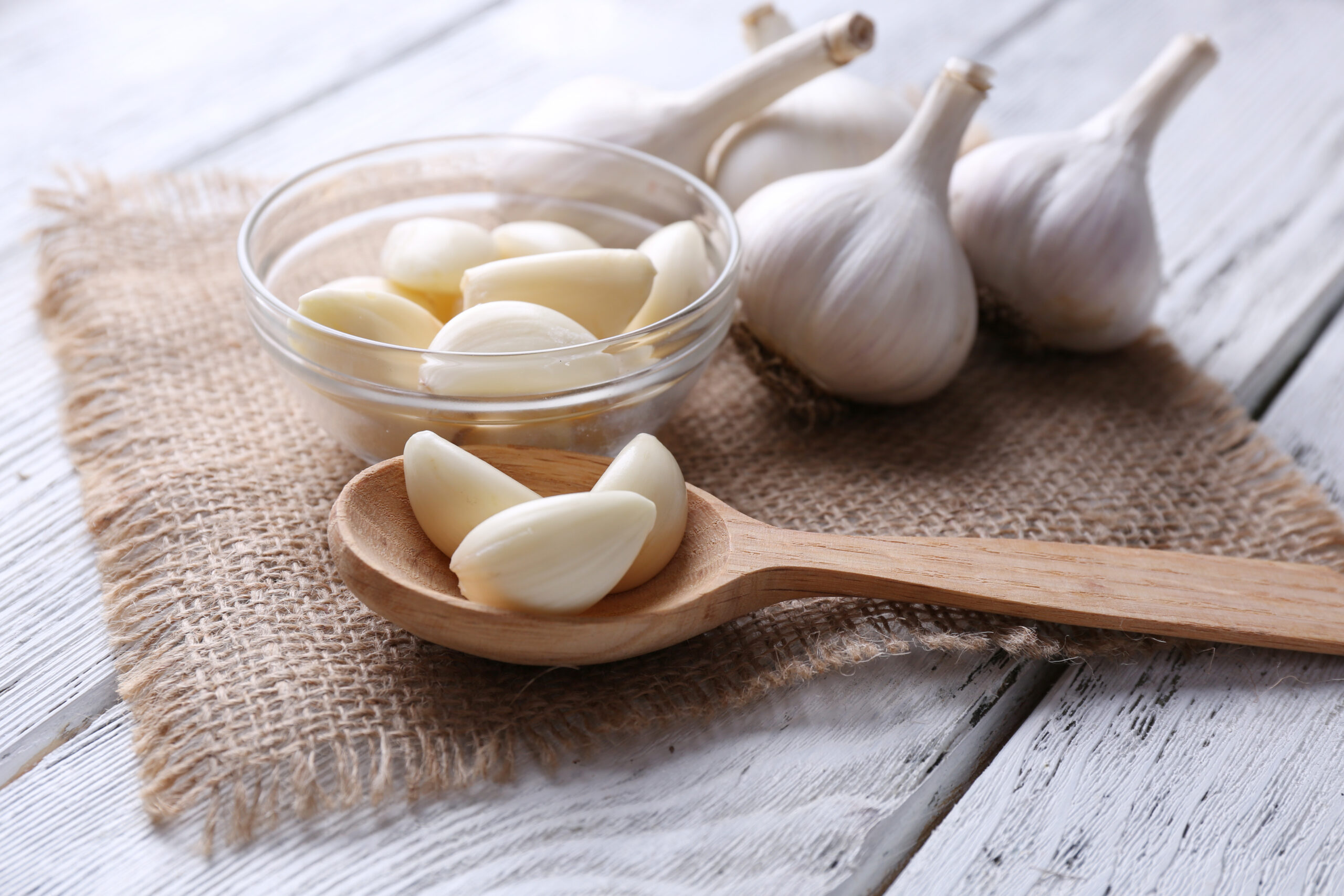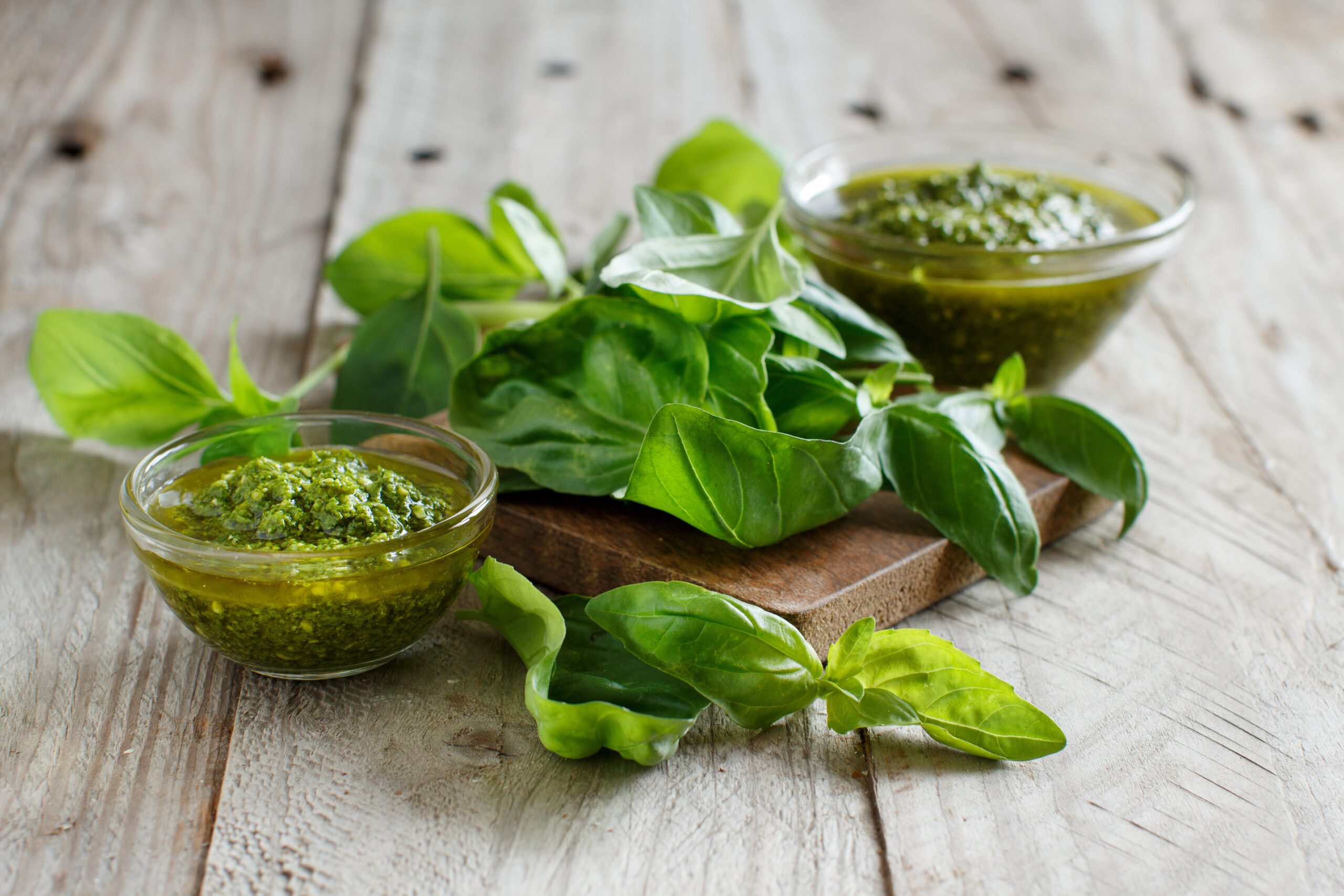5 Herbal Remedies You Can Make at Home
Herbs are beautiful, edible plants that emit enticing aromas. Plus, they are highly beneficial for adding delectable flavor to outstanding cuisine and are highly prized for their therapeutic value. For thousands and thousands of years, herbs have been central in wellness elixirs, tinctures, salves, oils, teas, and more.


